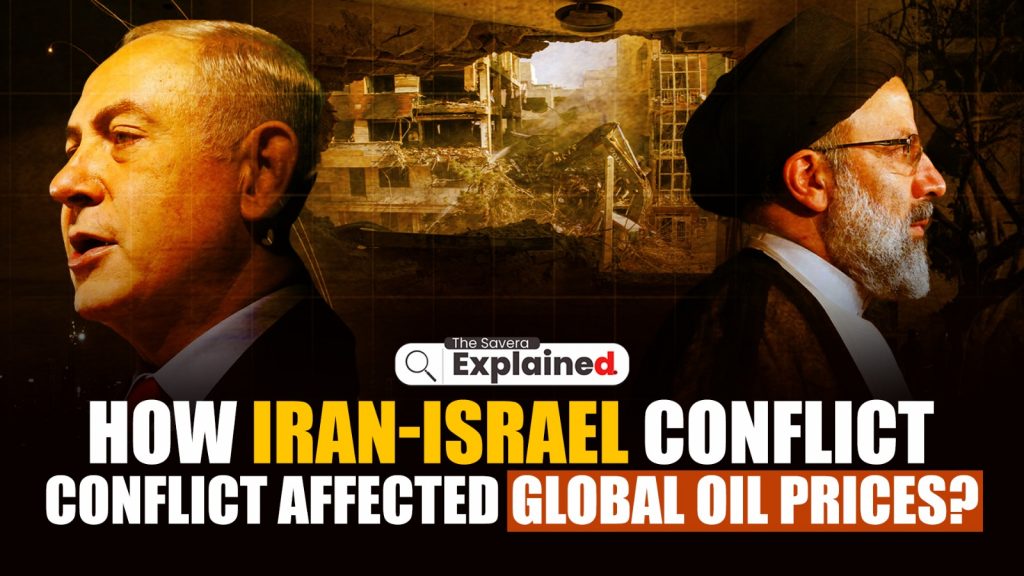The long-standing hostility between Israel and Iran has escalated into open military confrontations in 2025, with both nations now directly targeting each other’s military infrastructure. For decades, tensions simmered due to Iran’s support for anti-Israel militant groups like Hezbollah, Hamas, and Islamic Jihad, and Israel’s consistent opposition to Iran’s nuclear ambitions.
The conflict intensified dramatically after Iran launched a large-scale missile and drone barrage on Israeli territory earlier this year — a move Tehran described as retaliation for previous Israeli covert operations, including the assassination of Iranian generals and strikes on Iranian assets in Syria.
In response, Israel has dramatically shifted from covert operations to direct, large-scale airstrikes deep within Iranian territory, signalling an unprecedented phase in the Iran-Israel shadow war.
The Latest Israeli Airstrikes: Top Iranian Intelligence Chiefs Killed
On June 13, 2025, the Israel Defense Forces (IDF) confirmed that its fighter jets conducted a precision airstrike in Tehran, Iran’s capital. The strike reportedly killed several high-ranking Iranian intelligence officials, marking one of Israel’s most significant targeted operations to date.
Among those killed were:
- Mohammad Kazemi, chief of the Islamic Revolutionary Guard Corps (IRGC) Intelligence Organization, responsible for Iran’s covert operations, foreign intelligence, and internal surveillance.
- Mohammad Hassan Mahkaghi, his deputy, who previously led Iran’s strategic intelligence department.
- Mohsen Bagheri, a senior IRGC intelligence officer.
- Muhsin Baqri, the head of the Quds Force’s intelligence unit, and his deputy Abu al-Fachel Nikoui, who coordinated operations with proxy groups in Lebanon, Syria, Yemen, and Iraq.
The IDF claimed that the attack was based on “precise intelligence” and that all targets were involved in orchestrating terrorist operations against Israel and regional allies.
The strike followed the earlier assassination of Gholamreza Mehrabi, head of the Intelligence Directorate of Iran’s Armed Forces General Staff, in a separate Israeli operation just days earlier.
Israel Claims Aerial Superiority Over Iran
In a dramatic announcement following the June 13 strikes, IDF spokesperson Brig. Gen. Effie Defrin stated that Israel had achieved full aerial superiority over Tehran.
According to the IDF:
- Israel has destroyed over 120 Iranian ballistic missile launchers since the conflict escalated.
- In a recent barrage, Iran launched 65 ballistic missiles and dozens of drones toward Israeli cities.
- Most were intercepted, but three missiles caused casualties, killing eight Israeli civilians.
- Israeli fighter jets neutralized 20 ballistic missiles on Iranian soil before launch.
- Additional strikes were conducted in Isfahan, where over 100 military targets were reportedly destroyed overnight.
Impact on Global Oil Prices
However, this direct military confrontation between Israel and Iran has had immediate and severe repercussions on global oil markets. Iran is the seventh-largest oil producer in the world and a key member of OPEC+.
This ongoing conflict between Israel and Iran will lead to:
- Oil Prices Surge
Following the Israeli strikes, Brent crude surged past $100 per barrel for the first time in over a year. Markets responded to fears that Iranian oil exports may be disrupted, and that retaliatory moves might threaten tankers in the Persian Gulf.
- Risk Premium Rises
Traders are now pricing in a “war risk premium”, anticipating either a blockade or an expansion of hostilities affecting oil-producing Gulf nations like Saudi Arabia and the UAE. - Insurance Costs Skyrocket
Maritime insurance for tankers traveling through the Strait of Hormuz has increased, with shipping companies adding security fees or rerouting vessels, further disrupting global supply chains. - Supply Uncertainty
The threat of attacks on Iranian oil fields or export terminals has already led to a reduction in Iranian output. The U.S. and allies are also likely to tighten sanctions on Iranian crude, affecting supplies to countries like China and India. - OPEC+ in a Bind
The escalating conflict puts OPEC+ in a difficult position — balancing rising prices with market stability. While some Gulf countries benefit from high prices, prolonged conflict could damage the region’s economic outlook and energy security.
The conflict is affecting the world’s economy—especially oil prices—which are rising due to fears of supply issues. As the situation worsens, countries are watching closely, worried about how it could impact global security, trade, and diplomatic ties.
